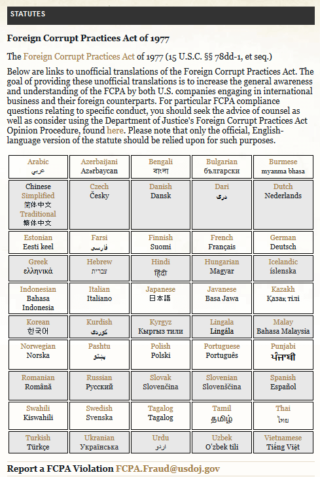Ignorantia juris non excusat, Latin for “ignorance of the law does not excuse”, is something of an ancient catch-all rule that has served society well for centuries and we can thank the Roman’s for including it on their list of enduring legacies. An artist with a talent for counterfeiting crisp Euro notes, like his ancestor in the Roman Empire would be hard pressed to justify his copying on the grounds that he didn’t know there was a law against it. Laws are debated, passed, published and enforced and that’s that; but what happens when citizens don’t or can’t understand the law?
This was a hot topic in the 18th century Europe when a substantial part of the population was illiterate and some had difficulty understanding the laws that applied to them. A similar situation has arisen today. Whilst English is the language of international business, it is the language of aliens to many citizens who form part of our ever expanding global supply chains.
Rules designed to protect society from the infectious disease that is corruption, such as the US Foreign Corrupt Practices Act (FCPA) and the UK Bribery Act are laws that need to be understood. The US Justice Department has set a good example here by providing free unofficial translations of the FCPA in 50 languages. It is important to remember that only the official English language version of the statute should be relied upon for official purposes; like ignorantia, bad translation of the law is not an excuse. You can download the translations here:
http://www.justice.gov/criminal/fraud/fcpa/statutes/regulations.html
If you planning to translate your HR and compliance documents into local languages, I would encourage you to download the free specimen Bribery Policy documents available here: http://www.todaytranslations.com/policy-procedures-translation-services
David Clarke
Head of Translation Compliance

